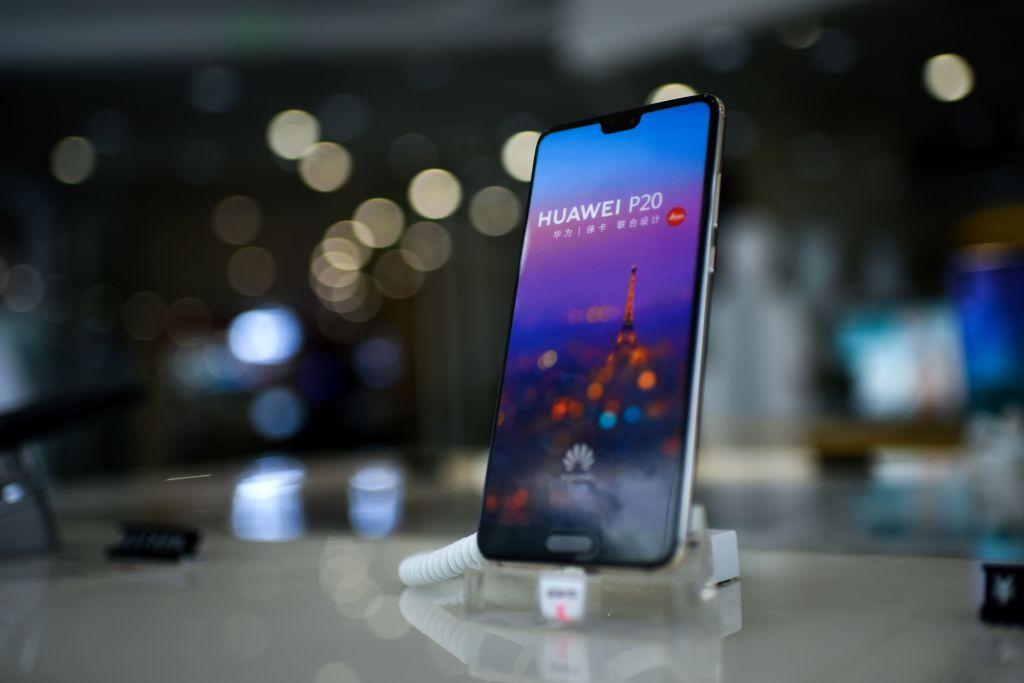With its faster connectivity speeds, the fifth generation of cellular mobile communications, or 5G, is set to become the foundation for powering internet of things items, such as electronic devices, autonomous vehicles, and home appliances. Such devices can be monitored and controlled remotely—hence, the technology also has surveillance applications.
James Lewis, a senior network security researcher at the U.S.-based think tank Center for Strategic and International Studies, recently published a report about the global 5G outlook and the security issues that Chinese telecom giants Huawei and ZTE bring to the world.
In the report, titled “How 5G Will Shape Innovation and Security” and published Dec. 6, Lewis explained that China has purposely “politicized the standards-making process” in order to mandate the use of Chinese technologies.
Lewis offered the example of Chinese computer manufacturer Lenovo, which voted in favor of a proposed standard from U.S. tech firm Qualcomm at the 3GPP international standards group, instead of one proposed by Huawei. As a result, the firm “faced intense criticism in China,” the report said.
While warning of the security loopholes that the Chinese companies pose, Lewis also said in a recent interview with the Wall Street Journal that Huawei or ZTE “can’t make products without U.S. technology.” On the other hand, he said that, without Chinese telecommunications equipment suppliers—which are among the world’s biggest—Western firms can still pull off a 5G rollout, “but it is going to cost a lot more.”
Chinese Threat, Reliance on Western Tech
International groups have tentatively set the first phase of 5G specifications to be completed by March 2019, with the second phase to be finished by March 2020. Chinese telecom suppliers such as Huawei wish to influence the development of global technical standards to favor themselves.
The structure of a 5G network has four major parts: User Equipment, Radio Access Network, Core Network, and Select Mobile Network Equipment Components.
In the first three parts, Chinese suppliers play an important role in the market and have competed aggressively with U.S., European, and South Korean competitors. But there are very few Chinese companies that have developed the technology to support the fourth aspect.
Only U.S. companies currently have the technology to manufacture data converter chips, Ethernet switch chips, and FPGAs, a special type of semiconductor chip. In developing small cell antenna arrays and small cell power amplifiers, several European and U.S. companies dominate. So, if Chinese firms want to build a complete 5G network, they must buy from their U.S. and European rivals.
In other words, without U.S. technology, Huawei and ZTE can’t finish a 5G project.





